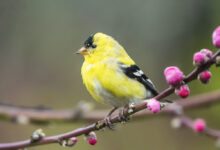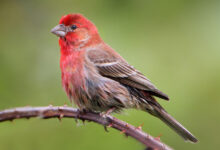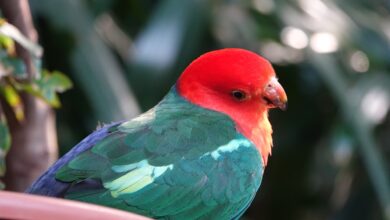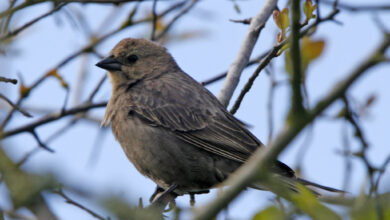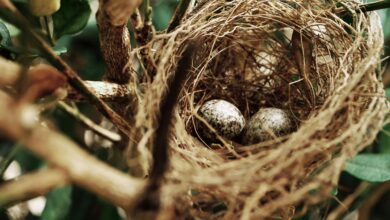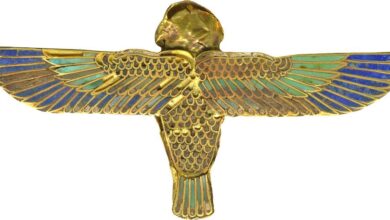Difference Between Ducks And Geese
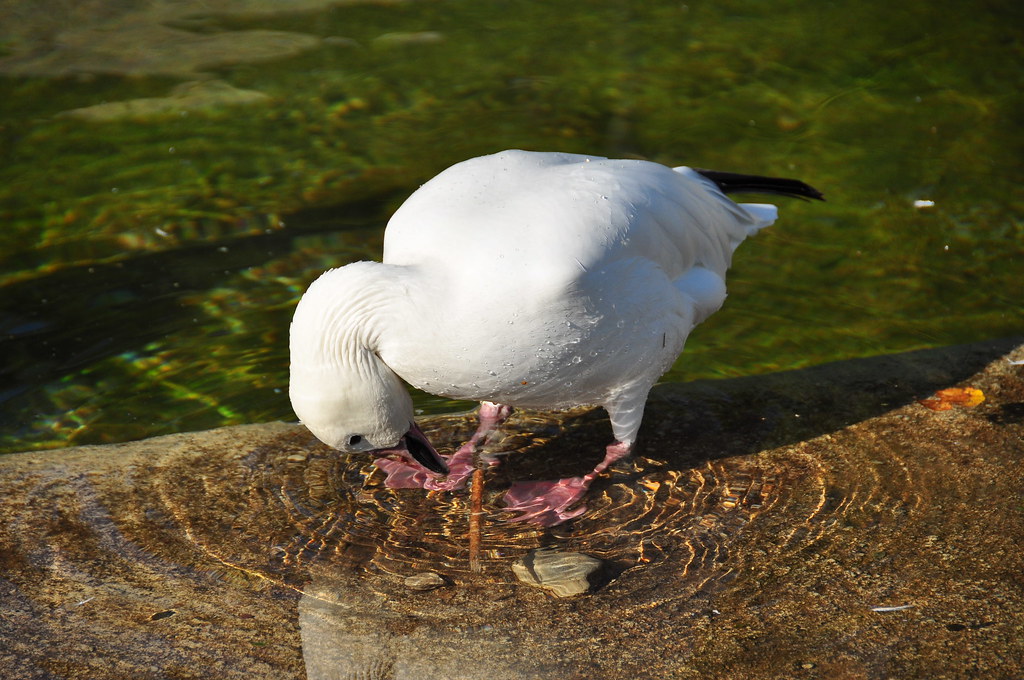
Ducks and geese, two distinct species of waterfowl, may appear similar at first glance. However, they each possess unique physical traits, inhabit different environments, exhibit distinct behaviors, and hold their own cultural significance. These fascinating differences are sure to pique your interest.
Ducks, with their smaller, lighter frames, and rounder bodies, are like the agile acrobats of the water. They have webbed feet and a flat bill, which is adapted for foraging in water. Geese, on the other hand, are the heavyweight champions, boasting longer necks and more elongated bodies. They also have webbed feet, but their bills are longer and more pointed, adapted for grazing on land. Ducks often sport a vibrant array of colors, while geese prefer a more understated palette.
Habitats
Ducks are found in various aquatic habitats, including ponds, lakes, rivers, and marshes. They are also remarkably adaptable to urban environments and can be found in parks and gardens. Conversely, Geese prefer grassy areas near water bodies, such as fields, meadows, and coastal estuaries, showcasing their impressive adaptability.
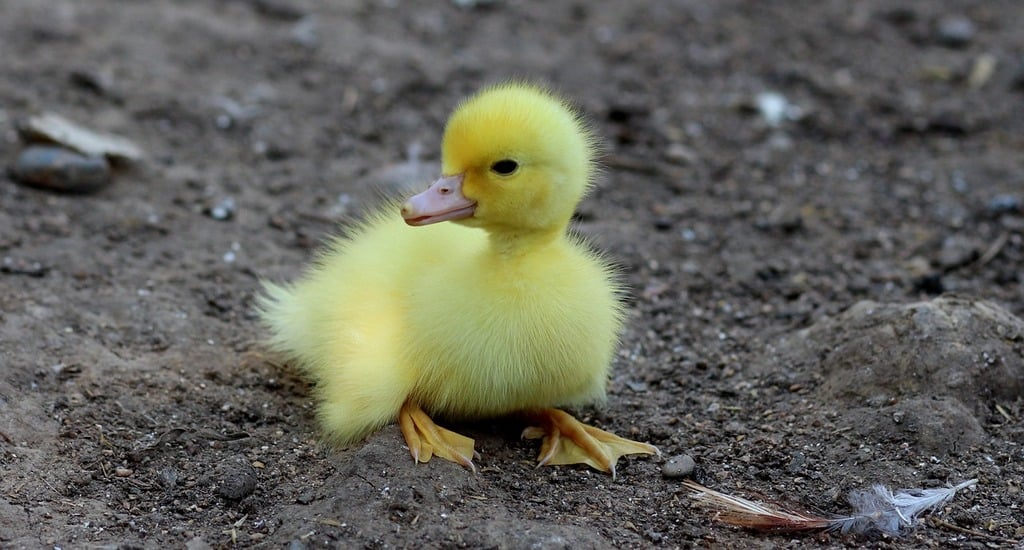
Behavior and Social Structure
Ducks are more social than geese and often form large flocks, especially during migration. They are known for their quacking sounds, which are used for communication. For instance, the Mallard duck forms large flocks during migration, with males often competing for females.
Geese are also social birds but tend to form smaller family groups. They are known for their honking calls, which are used for communication and as a warning signal. The Canada Goose, for example, forms small family groups during breeding season.
Diet and Feeding Habits
Both ducks and geese are omnivorous, eating plants, insects, and small fish. Ducks are dabbling feeders, meaning they feed on the surface of the water or tip upside down to reach food underwater. For instance, the Mallard duck feeds on aquatic plants, insects, and small fish.
Geese are grazers, feeding on grasses and other vegetation found on land. The Canada Goose, for example, feeds on grasses, sedges, and other plants found in its habitat.
Lifespan and Reproduction
Ducks typically have a lifespan of 2-12 years, depending on the species and environmental factors. They reach sexual maturity at around 1 year of age and breed in the spring and summer months. Geese have a longer lifespan, often up to 20 years in the wild. They reach sexual maturity at around 2-3 years of age and also breed in the spring and summer.
Domestication and Uses
Ducks have been domesticated for thousands of years and are kept for their eggs, meat, and feathers. For instance, the Pekin duck is a popular breed for meat production. They are also kept as pets and for pest control in gardens and farms. Geese have been domesticated for centuries and are kept for similar purposes, including meat, eggs, feathers, and pest control. The Embden goose, known for its large size and white feathers, is a common breed for meat production.
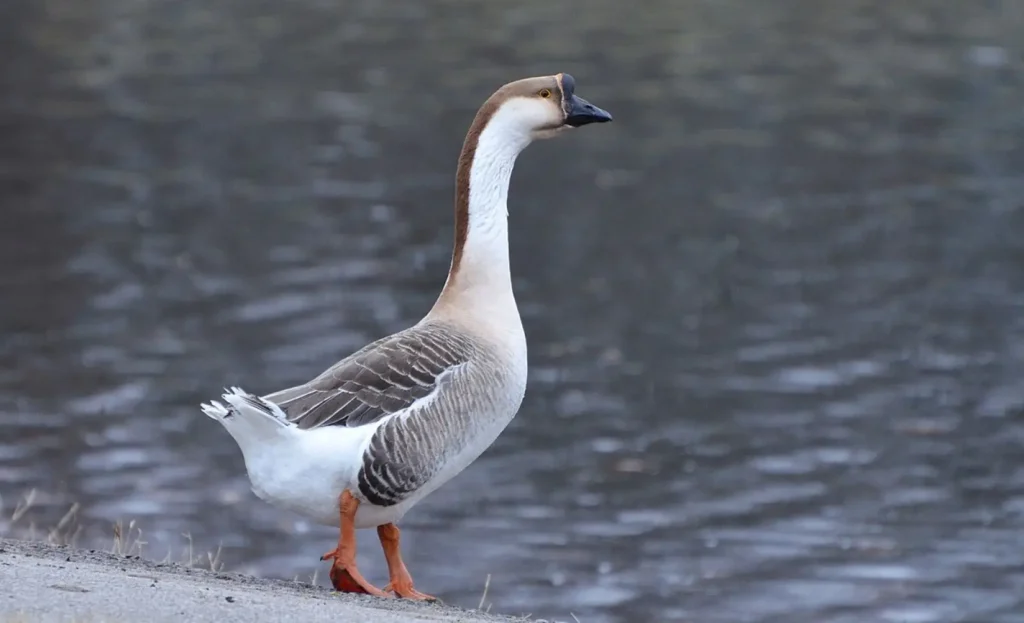
Cultural Significance
Ducks and geese have not only played significant roles in folklore and symbolism in many cultures worldwide, but they are also often associated with themes of love, loyalty, and migration. In culinary terms, ducks and geese are prized for their meat, considered a delicacy in many cuisines. This rich cultural significance can help us feel a deeper connection to these species.
Conclusion
While ducks and geese share some similarities, such as being waterfowl, they are distinct species with differences in physical appearance, habitat, behavior, and cultural significance. Understanding these differences is not just interesting, but it also helps us feel more educated and informed about the natural world around us.
FAQs
Q: Can ducks and geese interbreed?
A: While rare, some species of ducks and geese can interbreed, such as mallards and domestic geese.
Q: Do ducks and geese migrate?
A: Many species of ducks and geese migrate to warmer climates during the winter months.
Q: Are ducks and geese protected species?
A: Many species of ducks and geese are protected under various conservation laws due to habitat loss and hunting pressures.
Q: Can ducks and geese fly?
A: Both ducks and geese can fly, although some species are more migratory than others.
Q: Are ducks and geese intelligent birds?
A: Yes, ducks and geese are considered intelligent birds, capable of problem-solving and social interaction.
Q: What do ducks and geese eat?
A: Ducks and geese are omnivorous, eating plants, insects, and small fish. Ducks are dabbling feeders, while geese are grazers.
Q: How long do ducks and geese live?
A: Ducks typically live 2-12 years, while geese can live up to 20 years in the wild.
Q: How do ducks and geese differ in behavior?
A: Ducks are more social, often forming large flocks, while geese tend to form smaller family groups.
Q: What is the cultural significance of ducks and geese?
A: Ducks and geese have played roles in folklore and symbolism worldwide, often associated with themes of love, loyalty, and migration.
